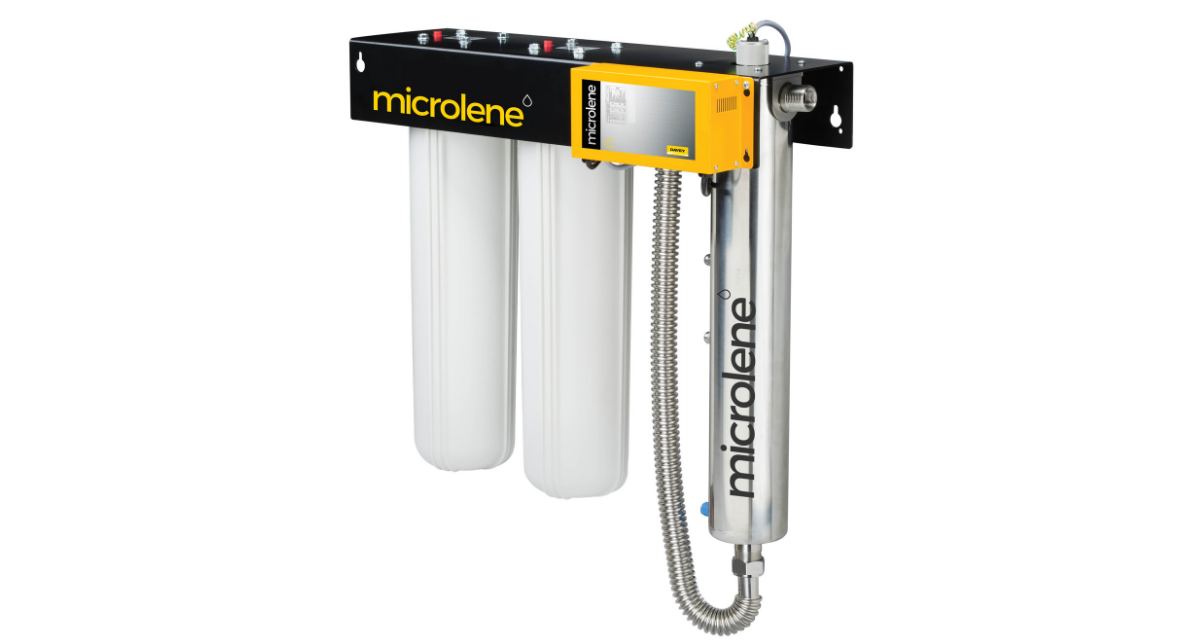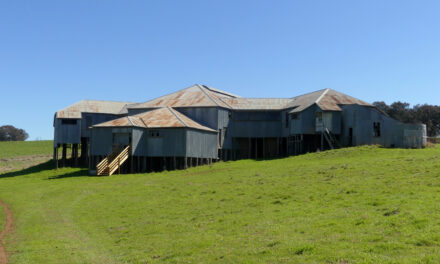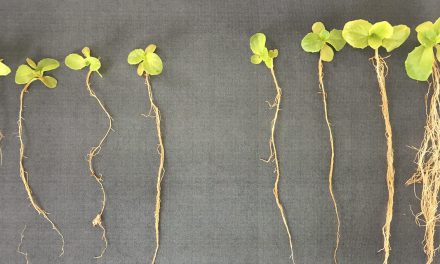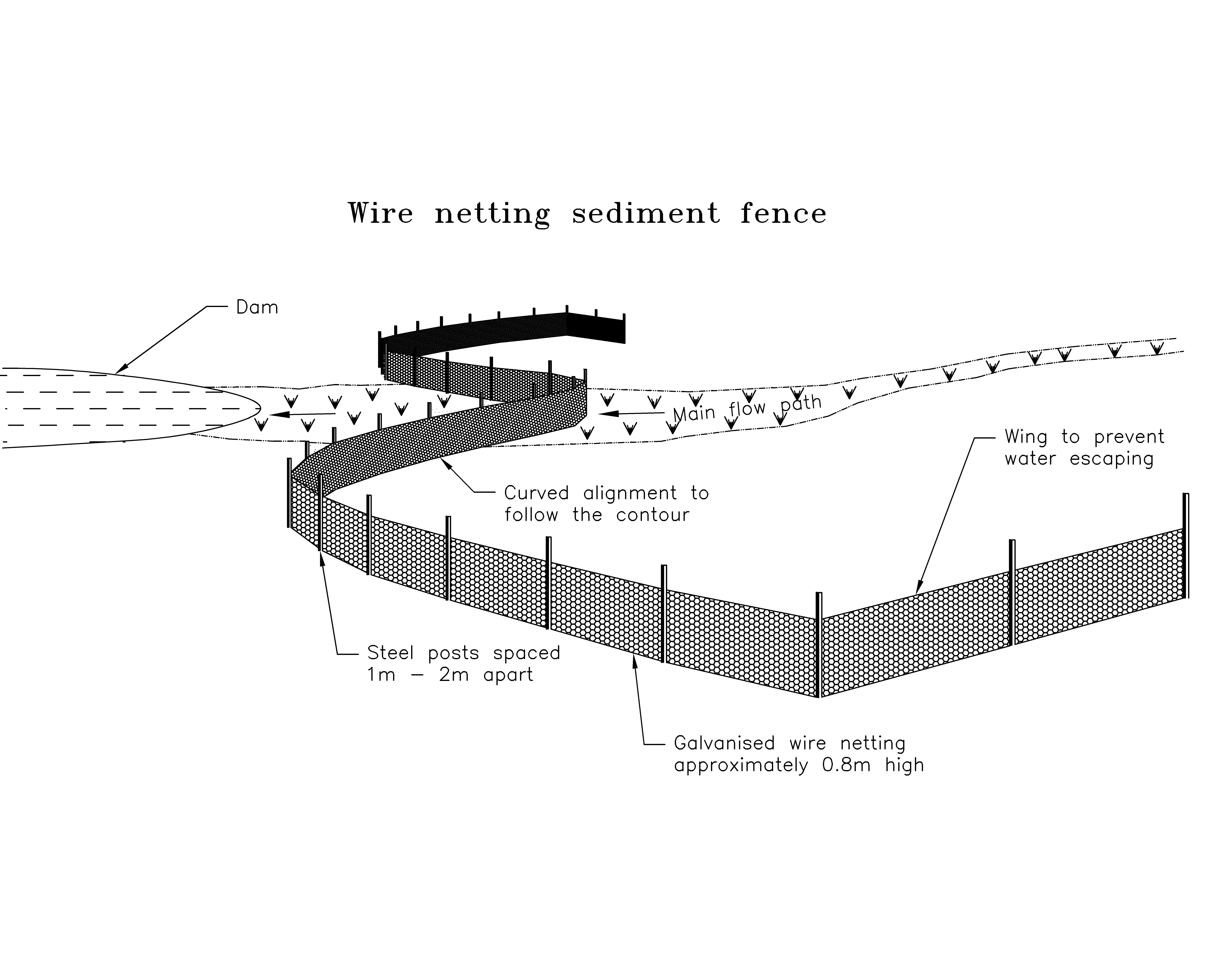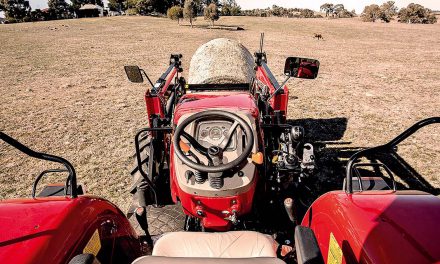Demand for improved water quality in homes, on properties and in businesses is on the rise thanks to the increased use of water tanks, according to Ashley White, Head of Training and Education from Davey Water Products.
The CSIRO says in the six years before 2013, the number of capital city dwellings with rainwater tanks increased from 15 per cent to 28 per cent. This could be due to financial incentives such as rebates, but also from changes to residential building codes that effectively made rainwater tanks compulsory in new dwellings.
Ashley says while the municipal water supply in Australia is generally high quality by global standards, consumers can still have issues with hard water, impacts from industry in surrounding areas, or water that simply doesn’t taste good.
“This is especially true for those using tank water, but there’s variability in mains water, too,” he says.
“With Victorian and New South Wales desalination plants about to come online, we expect to hear from more customers as they may not like the taste profile of the new supply”.
Davey’s Microlene range is designed to ensure clean, safe water for every size of home, farm or business.
Why invest in water treatment?
For water tanks
“As water is collected from rooflines and fed into rainwater tanks, it can collect sediment, bacteria and viruses,” Ashley says.
“For most tank owners, the best solution is two-stage filtration plus UV treatment. Two-stage filtration ensures the UV can penetrate any bacteria in the water supply, rendering them useless to breed and cause illness.”
For more complicated issues including green staining due to acidic water, solutions like pH correction may be required in addition to two stage filtration.
“Specific filtration and sanitisation solutions can be developed for particular circumstances, for example, when people find dust or spray product from surrounding industry in their tank water,” Ashley says.
For mains water
Mains water can be tainted by many substances as it passes down the pipeline, including aluminium, lead, asbestos, pesticides, sulphur, sediment, and rust.
“Davey’s Microlene filters have a capacity of 30,000 litres and a life of up to three years so they’re extremely cost efficient and a great option for customers who are otherwise buying bottled water. Kits are available in under bench or benchtop formats so there is an option for both homeowners and renters,” he says.
For people concerned about chlorine exposure or hard water, larger capacity carbon filters can be installed on incoming water supply to manage chlorine while water softeners are ideal for addressing hard water, which can cause scale build up, staining and damage to appliances.
For more information on Davey’s Microlene range, head to microlene.com.au

